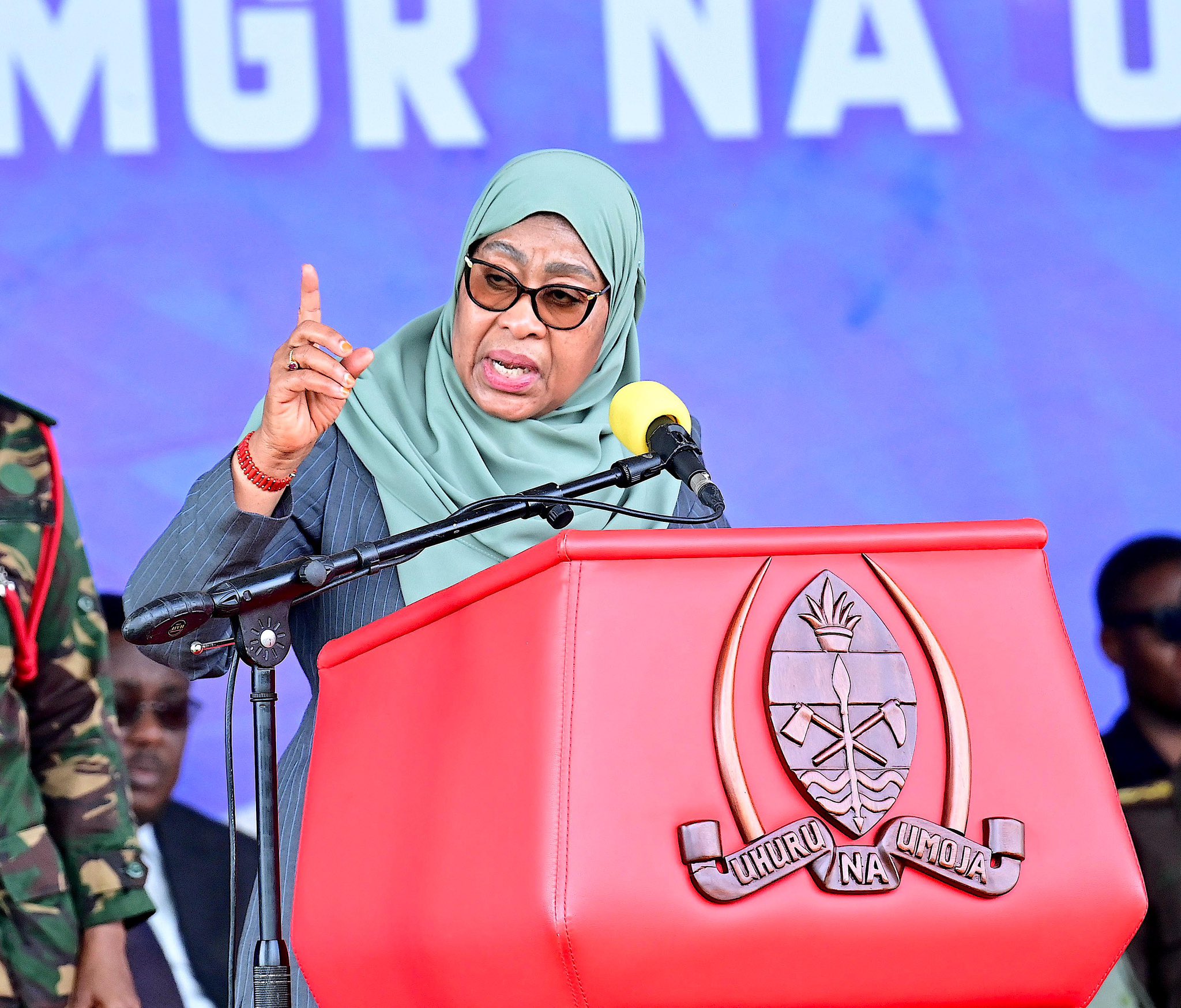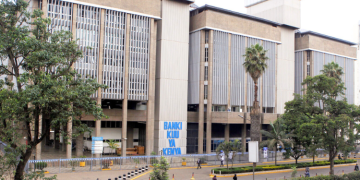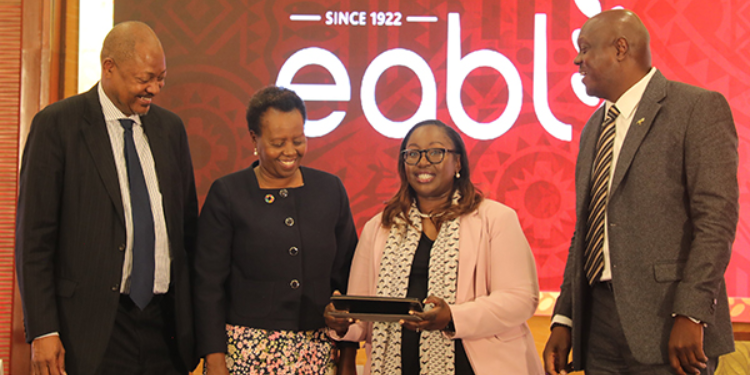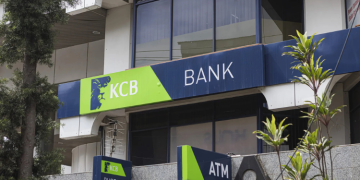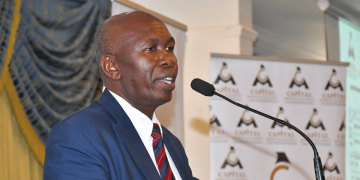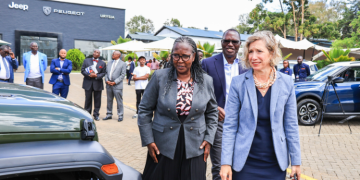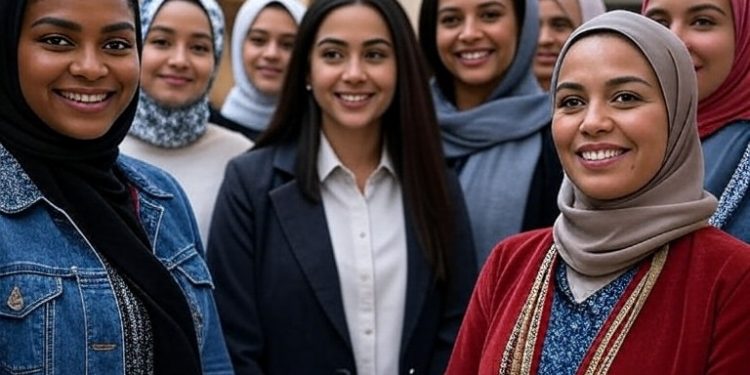The United Nations Development Programme (UNDP) in Libya plays a vital role in promoting women’s empowerment and gender equality across all political, economic, social, and cultural spheres.
According to the UNDP, “Women in Libya have long played a crucial role in rebuilding communities, negotiating peace, and contributing to the economy. Women across Libya are working to strengthen democratic participation, whether through voter education, advocacy, or leadership”.
Situation in Libya
A free and accessible education policy is a significant step toward expanding educational opportunities. The Libyan government reports that education at all levels is free and that gender parity is being approached in school enrolments.
At the same time, technical and vocational education access has priority to improve access for women to ensure their positive role in the sustainability of the society.
Women-Development and Training Centres (WDTCs) have been established to work for women’s empowerment with the collaboration of the German cooperation agency Deutsche Gesellschaft für Internationale Zusammenarbeit (GIZ) with Libyan municipal partners, a network of Women Development and Training Centres. Such programs have successfully enhanced the women’s empowerment through education.
Also Read: How to Address Women Empowerment in Nigeria Through Education
Youth & women’s empowerment education through UN-led programs was launched in 2023 by the United Nations Support Mission in Libya (UNSMIL), together with the United Nations Development Program (UNDP), the United Nations Children’s Fund (UNICEF), and UN Women.
This program has successfully ensured participation of women across Libya in a year-long leadership training program that includes modules on human rights, elections, and women’s legal rights.
Bottlenecks
Ongoing political divisions and insecurity since 2011 have weakened government institutions, disrupted social services, and limited women’s participation in public life.
Women activists often face threats, violence, or intimidation when engaging in politics or advocacy.
Also Read: Hard Truths on Tech, Education and AI in Africa
In addition, women face high unemployment rates and limited access to capital or entrepreneurship programs. Gender discrimination in hiring and wage gaps persist in both public and private sectors.
Fear of violence often discourages women from participating in politics and employment, which needs to be further addressed.
What should be done
It is further necessary to strengthen educational infrastructure, including rebuilding and equipping schools with science laboratories, and providing safe learning environments for girls to promote women’s education.
Initiatives may be launched further to expand access to higher education and vocational training institutions in rural and underserved areas to enhance the women’s education.
E-learning and distance education opportunities should also be expanded, particularly for women in remote or insecure areas. This would be significant in empowering girls and women to access global knowledge and job markets.
Follow our WhatsApp Channel and X Account for real-time news updates.





